-
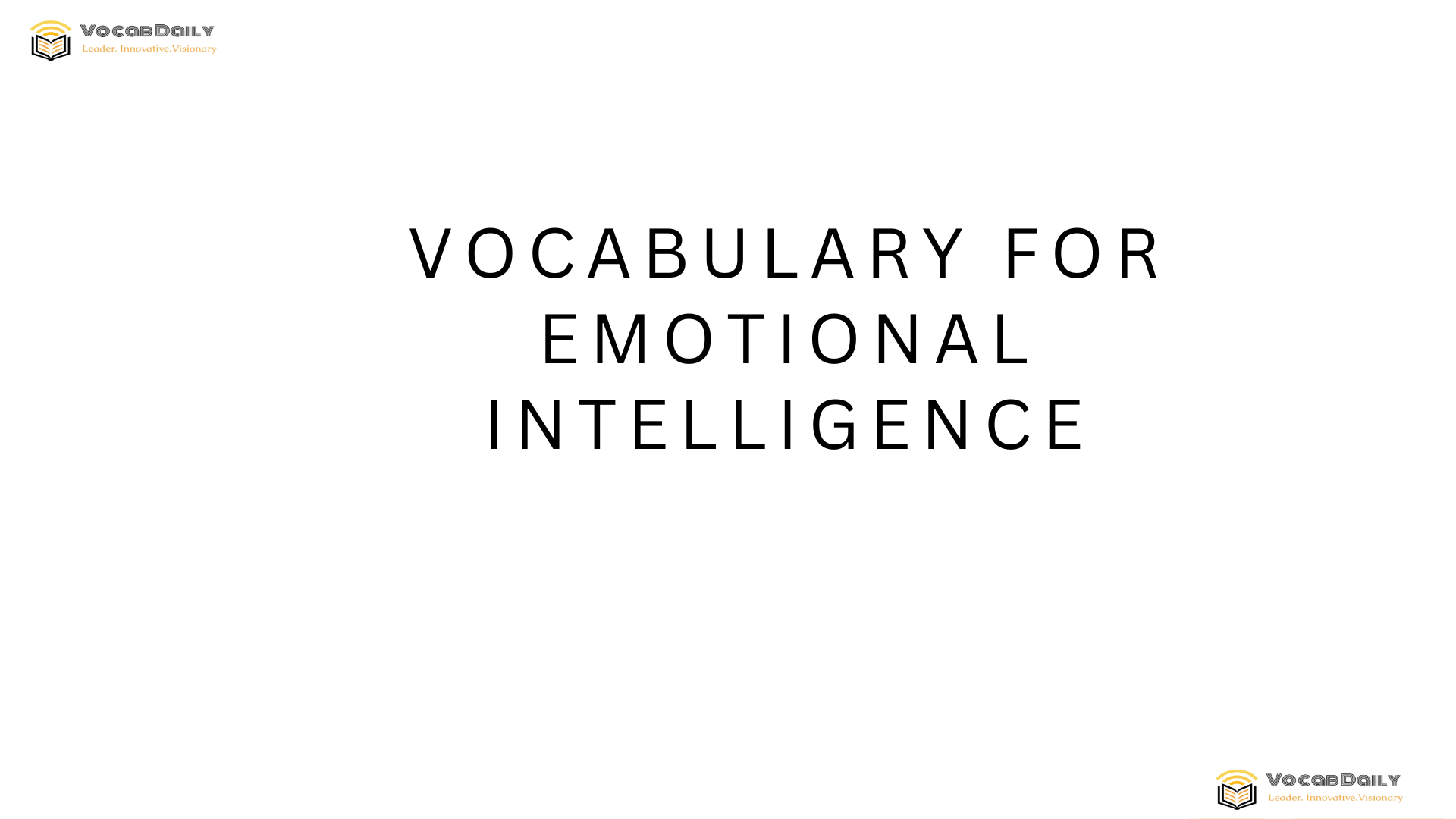
Vocabulary for Emotional Intelligence
•
Vocabulary for Emotional Intelligence Emotional intelligence (EI) is an essential skill that helps us understand, use, and manage our emotions effectively in daily life. Having a rich vocabulary related to emotional intelligence can improve communication, relationships, and self-awareness. Whether you are learning English or simply want to expand your emotional vocabulary, mastering these words…
-

Key Vocabulary for Technical or Industry-Specific Interviews
•
Key Vocabulary for Technical or Industry-Specific Interviews Preparing for a technical or industry-specific interview requires more than just understanding your field; it also demands a good command of the vocabulary commonly used in these environments. Whether you are interviewing for a position in IT, engineering, healthcare, finance, or any specialized sector, knowing the right…
-

Key Vocabulary for Business Meetings
•
Key Vocabulary for Business Meetings Essential Terms to Know Business meetings are a fundamental part of professional life, offering a platform to discuss ideas, make decisions, and collaborate effectively. Understanding the key vocabulary commonly used in these settings can greatly improve communication and confidence. Whether you are attending meetings with colleagues, clients, or stakeholders,…
-
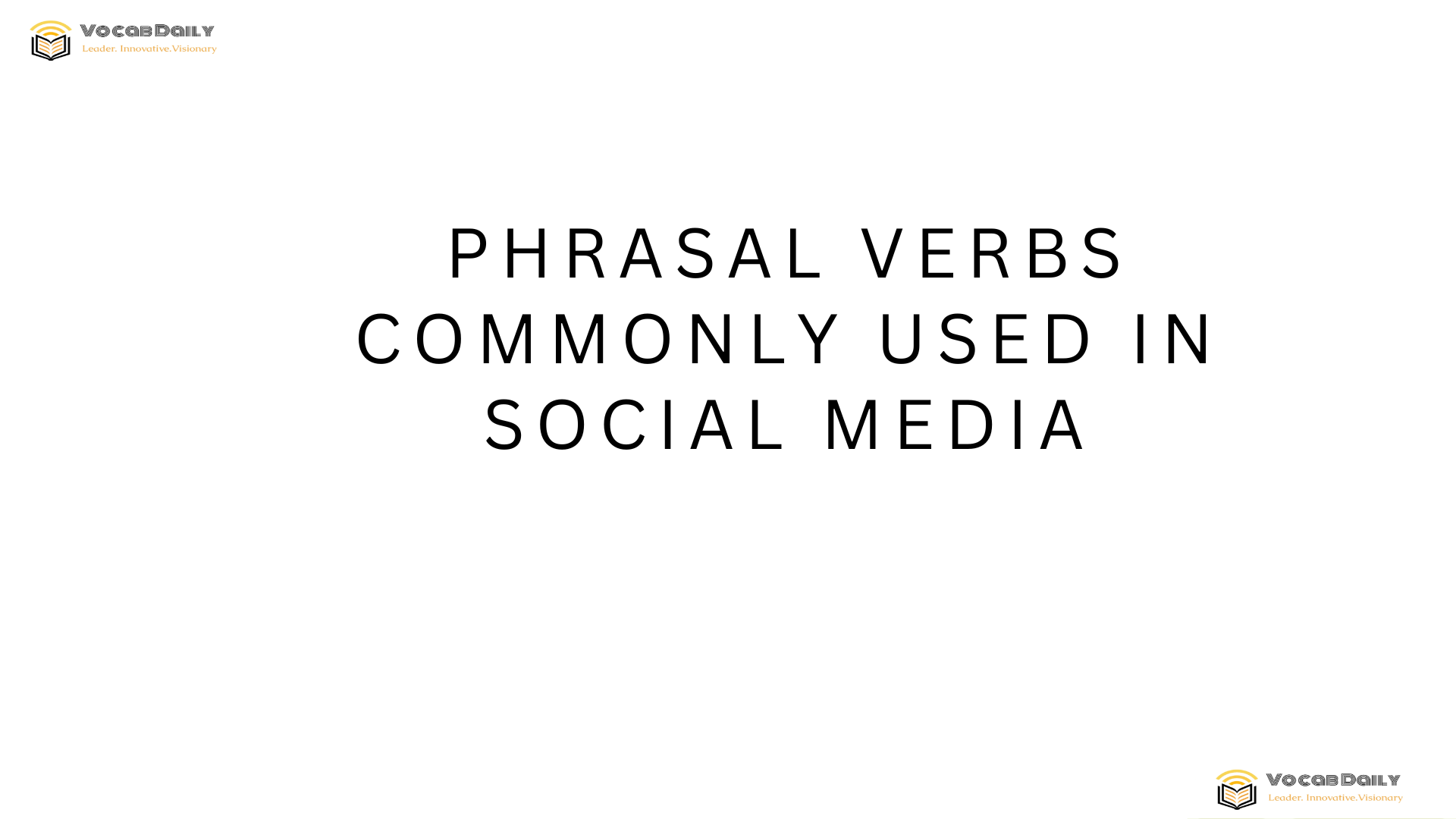
Phrasal Verbs Commonly Used in Social Media
•
Understanding Phrasal Verbs in Social Media Social media has become an essential part of everyday communication, influencing how people convey their thoughts and feelings quickly and effectively. A significant aspect of social media language is the use of phrasal verbs. These combinations of verbs and particles (prepositions or adverbs) often change the meaning of…
-
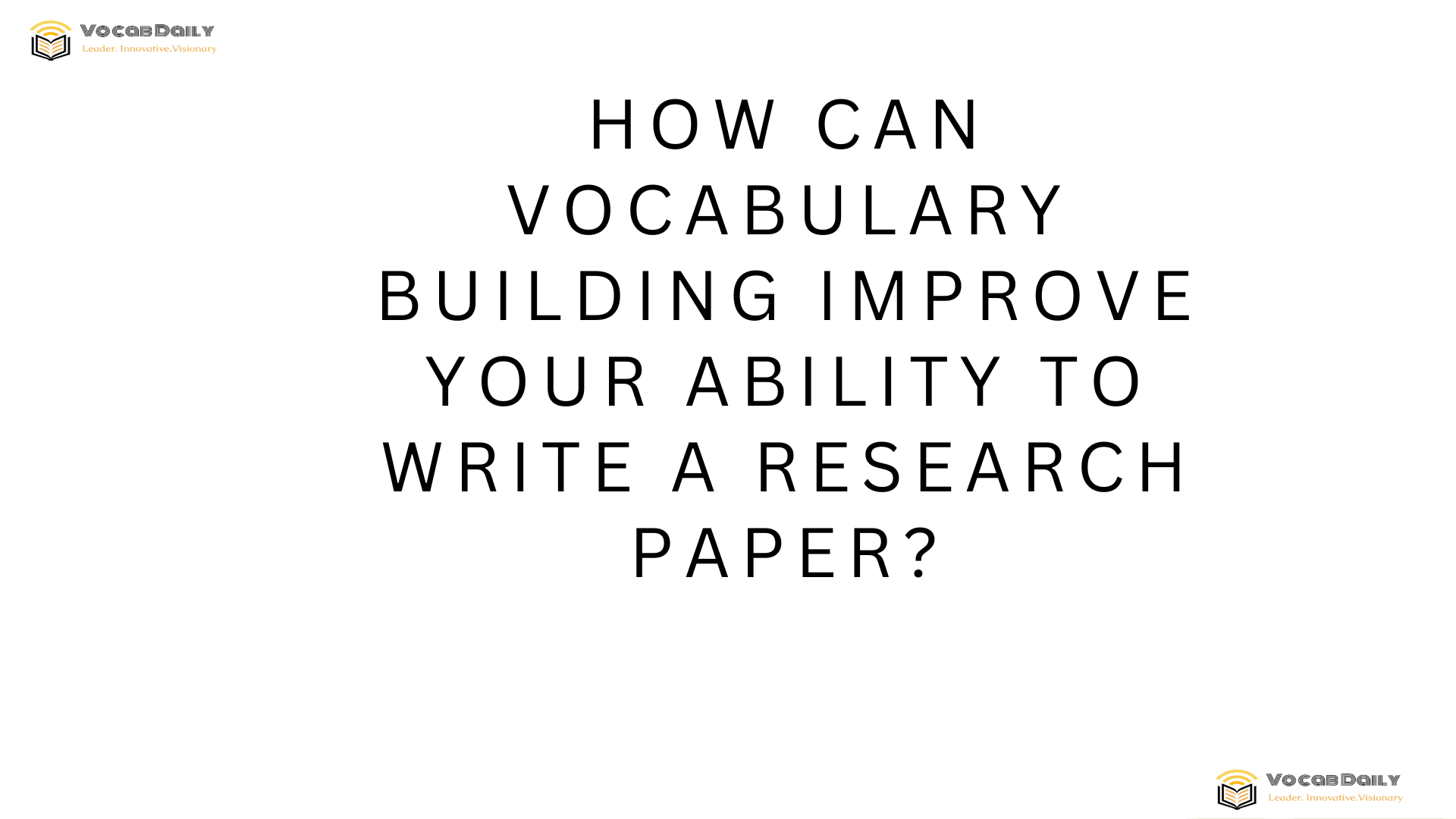
How can vocabulary building improve your ability to write a research paper
•
Enhancing Clarity and Precision in Your Writing Building a strong vocabulary is one of the most effective ways to improve your ability to write a research paper. When you have access to a diverse set of words, you can express ideas more clearly and precisely. Research papers often require conveying complex information or nuanced…
-
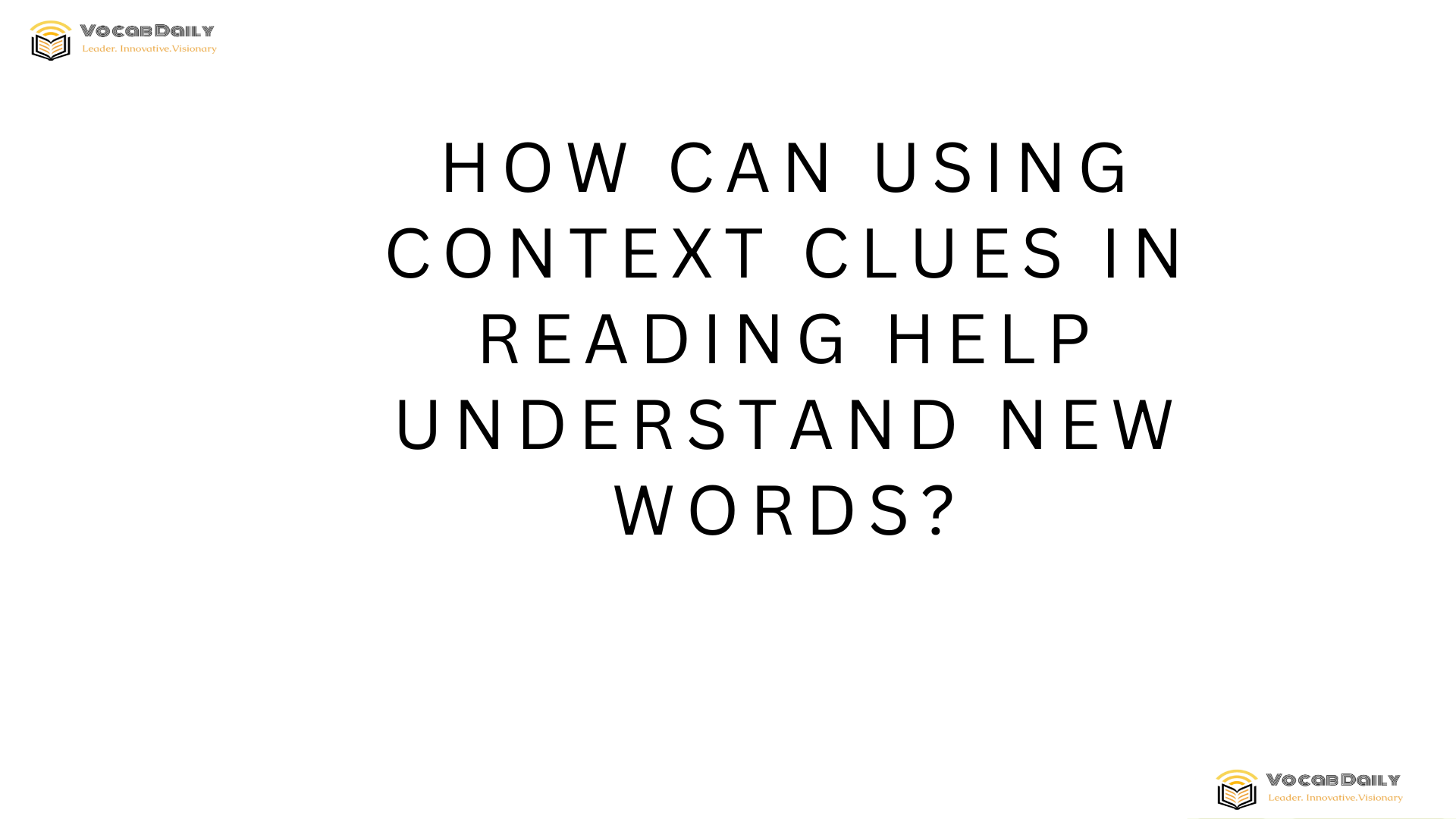
How can using context clues in reading help understand new words
•
How can using context clues in reading help understand new words What Are Context Clues and Why Do They Matter? Encountering unfamiliar words while reading can be a common experience for many readers, whether they are children, students, or adults. Instead of immediately turning to a dictionary, readers can often rely on context clues…
-
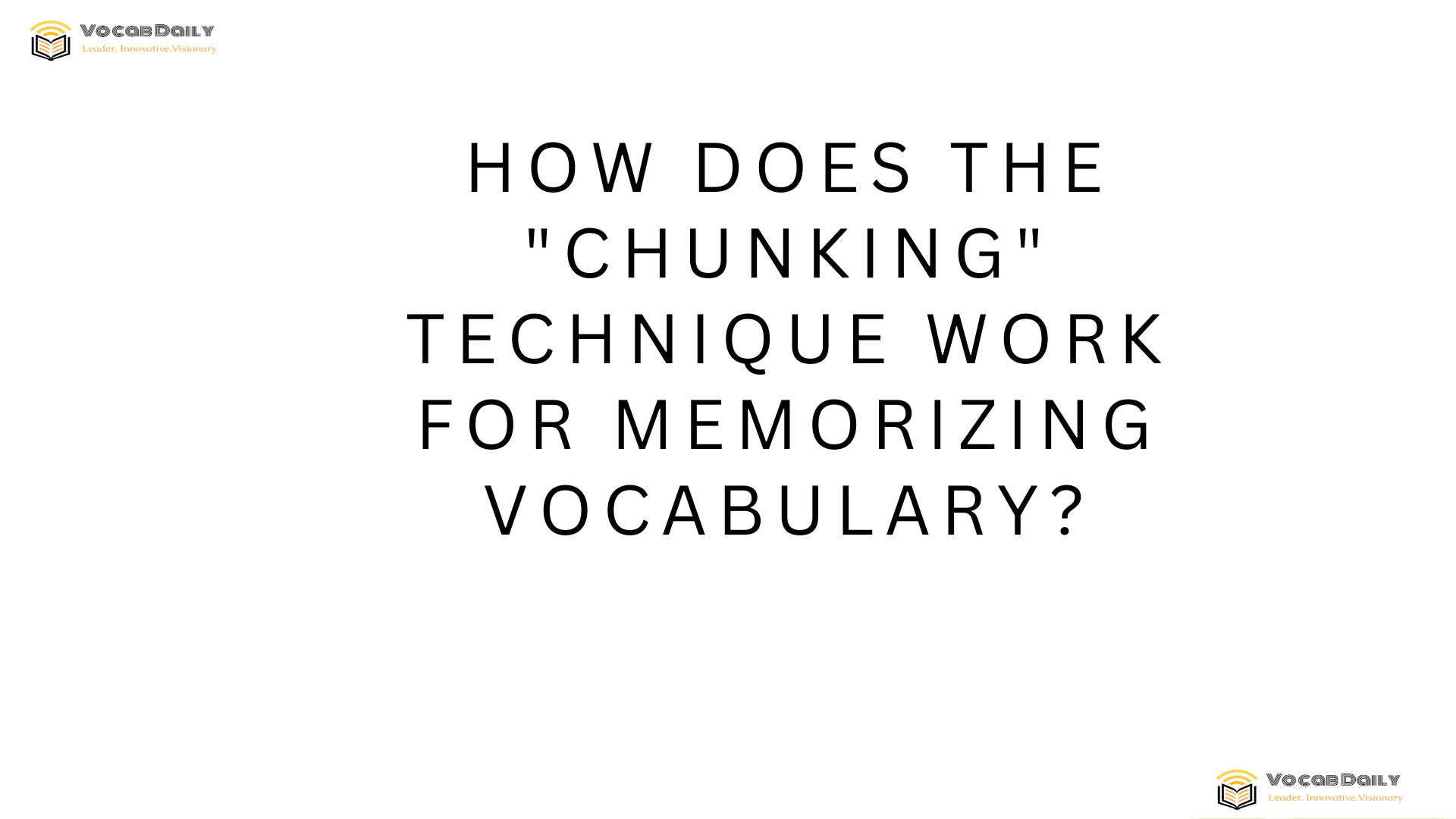
How does the _chunking_ technique work for memorizing vocabulary
•
How does the chunking technique work for memorizing vocabulary Understanding the Chunking Technique The chunking technique is a powerful memory strategy designed to help individuals absorb and retain large amounts of information by breaking it down into smaller, more manageable units called “chunks.” When applied to vocabulary learning, chunking allows language learners to group…
-
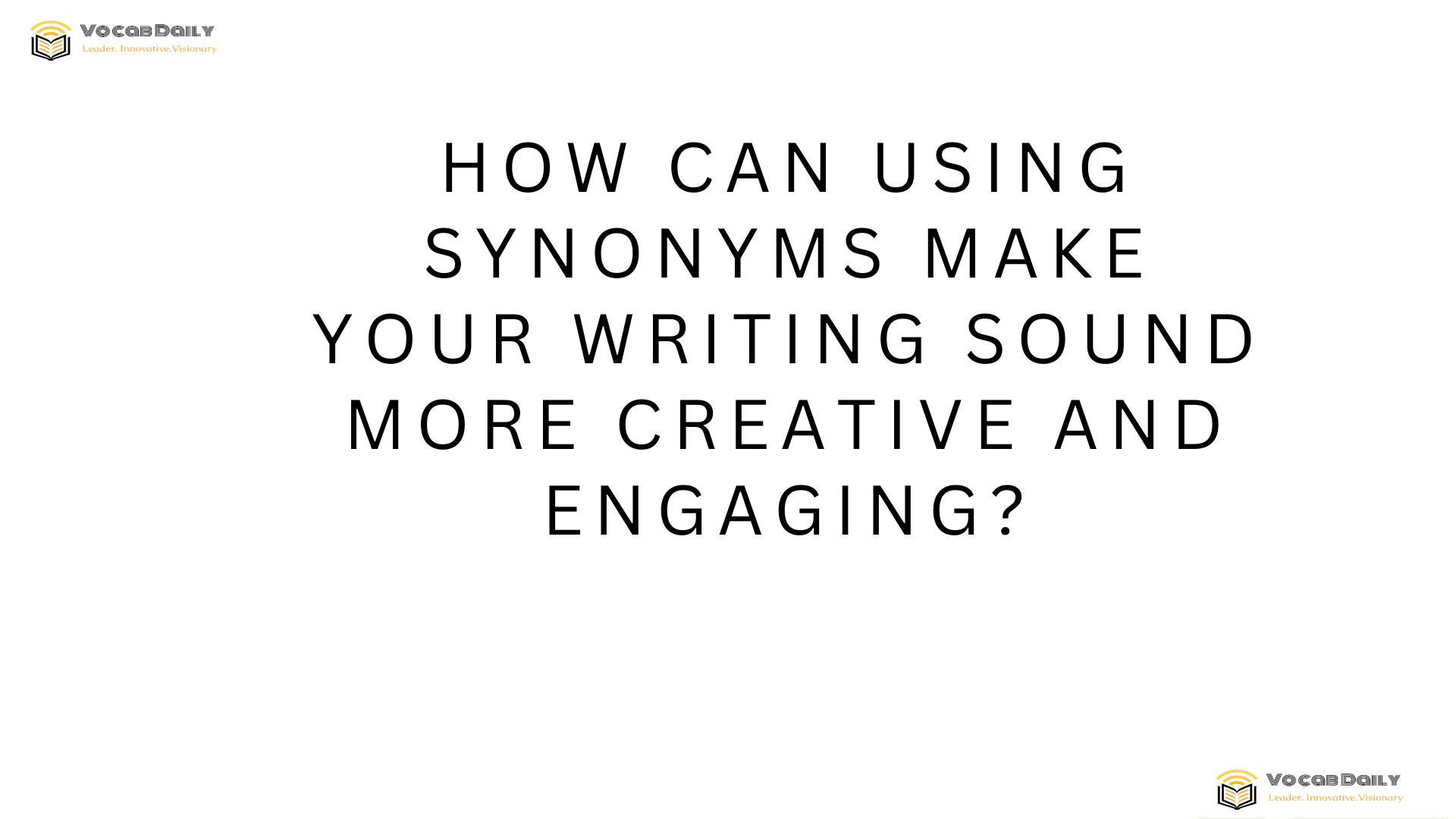
How can using synonyms make your writing sound more creative and engaging
•
Enhancing Creativity Through Word Choice Using synonyms in your writing can transform ordinary text into something vibrant and engaging. When writers rely on the same words repeatedly, their work can sound monotonous or uninspired. By incorporating synonyms, you bring variety and freshness to your language, which helps capture the reader’s attention and maintain their…
-
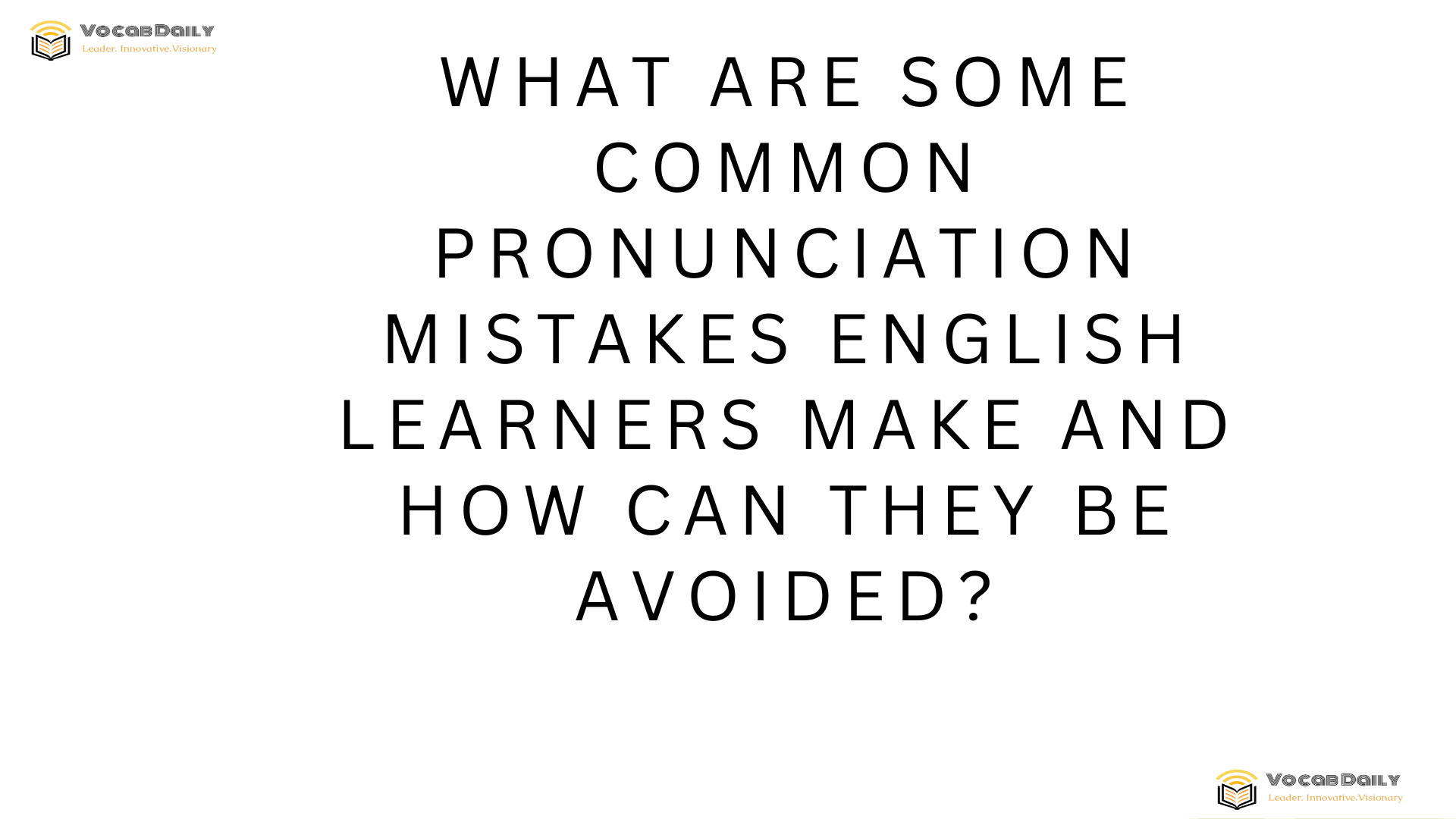
What are some common pronunciation mistakes English learners make and how can they be avoided
•
Understanding Common Pronunciation Mistakes in English English learners often face challenges with pronunciation due to the language’s complex rules, variations in vowel and consonant sounds, and the influence of their native languages. These difficulties can lead to common mistakes that may impact clarity and communication. Recognizing these errors is the first step towards improvement…
-

What are some essential English words to know when traveling abroad
•
Essential Greetings and Polite Expressions When traveling abroad, knowing basic greetings and polite expressions in English can make interactions smoother and more pleasant. These words and phrases help you show respect and friendliness, which are universally appreciated. Common greetings like “hello,” “good morning,” “good afternoon,” and “good evening” are fundamental. Likewise, polite expressions such…